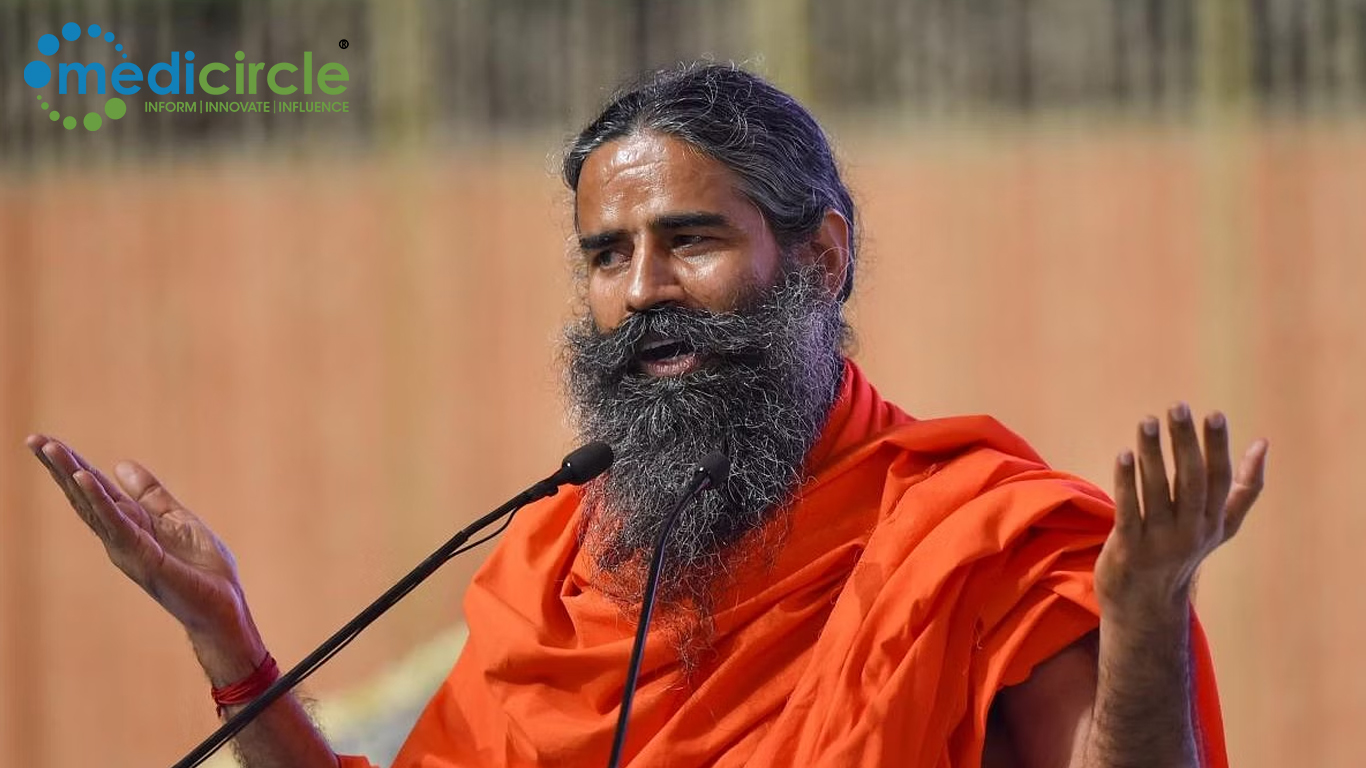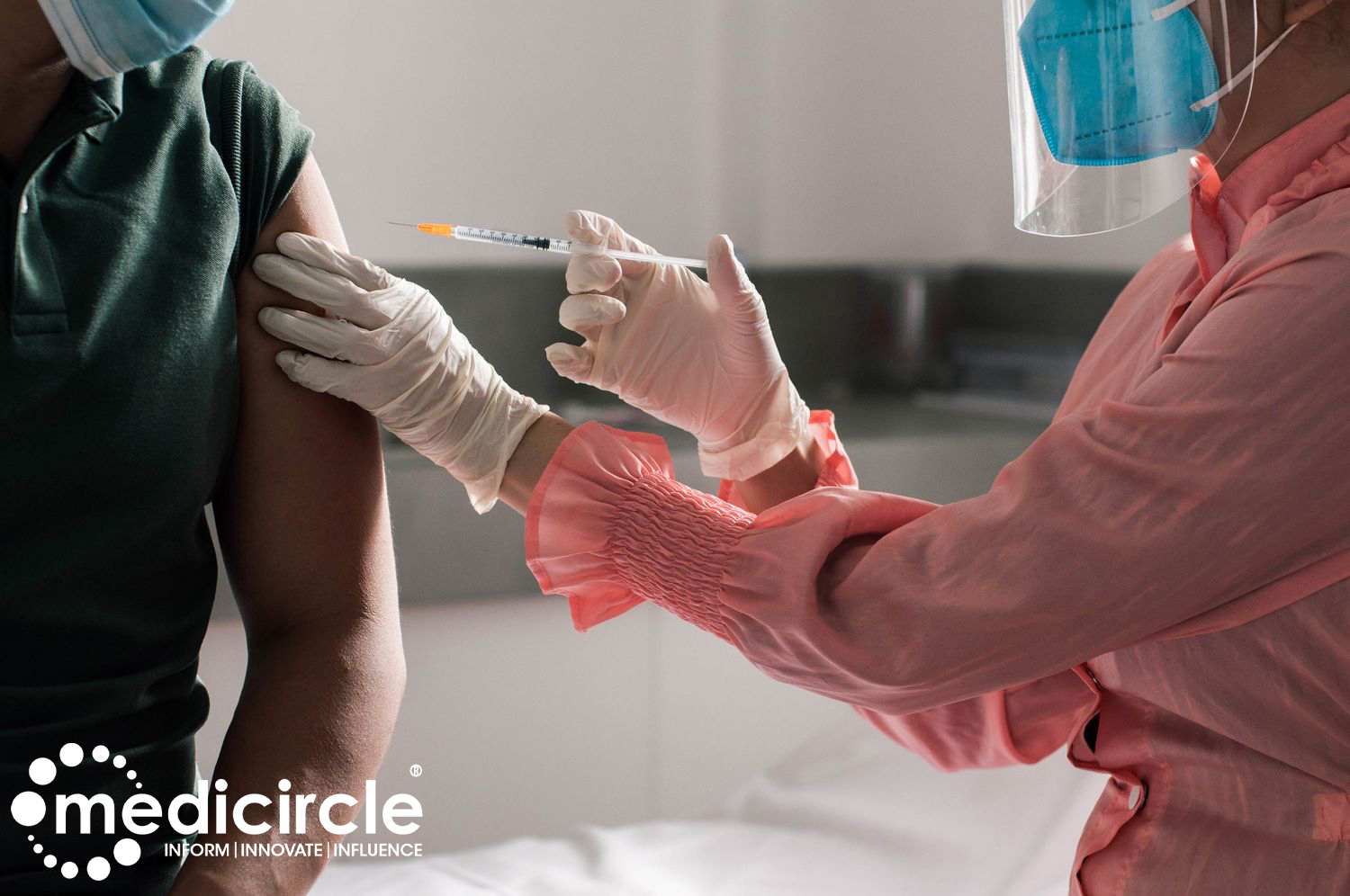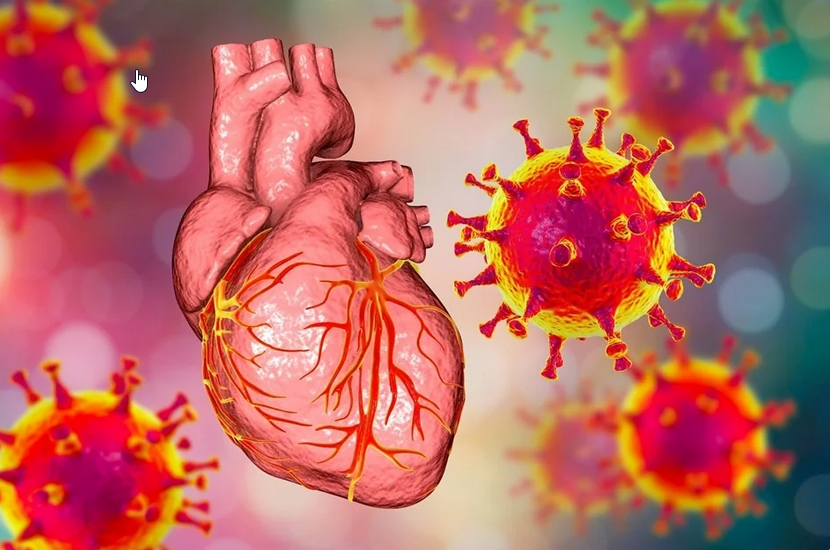India is facing a silent but rapidly escalating crisis: antibiotic resistance. This problem, which has steadily grown over the past few decades, now threatens to make some of the most common infections incredibly difficult, if not impossible, to treat. As bacteria evolve and outsmart medications, the effectiveness of widely used antibiotics is dwindling, leading to life-threatening consequences. The findings from the latest report by India’s top medical body shine a stark light on just how serious the situation has become.
The Indian Council of Medical Research (ICMR), through its Antimicrobial Resistance Surveillance Network (AMRSN), has delivered alarming results. Their most recent report reveals that diseases like urinary tract infections (UTIs), pneumonia, blood infections, and even typhoid are becoming increasingly resistant to the antibiotics that once easily treated them. Bacteria like Escherichia coli (E. Coli), Klebsiella pneumoniae, Pseudomonas aeruginosa, and Staphylococcus aureus, all well-known for causing various infections, are showing signs of high resistance to common antibiotics.
For a country with a vast population and a stretched healthcare system, this resistance trend can have devastating consequences. India is home to millions who rely on antibiotics for treating infections, but as bacteria evolve and develop resistance, these life-saving drugs are losing their effectiveness.
The report, which is based on data collected from hospitals and clinics across the country, examined samples from over 99,000 patients in both outpatient settings and intensive care units (ICUs). These samples were tested against various antibiotics to understand how effective these treatments remain. The results? Troubling. Many of the antibiotics, including widely used drugs like cefotaxime, ceftazidime, ciprofloxacin, and levofloxacin, were found to be less than 20% effective in treating infections caused by E. Coli, especially in ICU settings where the stakes are highest.
The resistance of bacteria like Klebsiella pneumoniae and Pseudomonas aeruginosa has also surged, with these pathogens becoming resistant to crucial antibiotics such as piperacillin-tazobactam, imipenem, and meropenem—drugs often used as last lines of defense when other treatments fail. The situation is particularly grim in critical care environments like ICUs, where infections are often severe and more difficult to treat.
One of the key trends uncovered in the report is the consistent decline in antibiotic effectiveness over time. For example, piperacillin-tazobactam, an important antibiotic in the fight against severe infections, has seen its effectiveness drop from nearly 57% in 2017 to just over 42% in 2023. Similarly, even powerful antibiotics like amikacin and meropenem are losing their ability to combat infections effectively.
This steady decline in antibiotic power isn’t just a minor inconvenience; it signals a growing inability to manage some of the most common infections. As the effectiveness of antibiotics dwindles, patients are at greater risk of longer hospital stays, more severe illnesses, and even death.
Gram-negative bacteria, such as E. Coli and Klebsiella pneumoniae, have emerged as the most frequent culprits in these antibiotic-resistant infections. These bacteria are notorious for their ability to cause a range of infections, from UTIs to respiratory tract infections, and have become highly resistant to many available treatments. The report shows that infections caused by these bacteria are on the rise, and more alarmingly, they are often found in critical samples like blood, urine, and respiratory secretions.
Even the bacteria responsible for gastroenteritis, including Salmonella typhi (the bacteria that causes typhoid), has developed significant resistance. Over 95% of the samples tested showed resistance to fluoroquinolones, a group of antibiotics commonly used to treat severe infections. This growing resistance makes treating these infections not only more challenging but also more dangerous, as once-curable diseases are now becoming major health risks.
Antibiotic resistance does not happen overnight—it is largely driven by the overuse and misuse of these powerful medications. In India, antibiotics are often prescribed too freely, whether for minor ailments or in cases where they may not even be necessary. This widespread and often unnecessary use of antibiotics provides bacteria with numerous opportunities to adapt and become resistant to treatment.
The problem isn’t confined to human medicine, either. Antibiotics are also heavily used in agriculture, where they are given to livestock to promote growth or prevent disease. This misuse in both human and animal health has accelerated the spread of antibiotic-resistant bacteria.
The ICMR report emphasizes that continuous surveillance of antimicrobial susceptibility is crucial. By regularly monitoring how bacteria respond to antibiotics, healthcare providers can tailor treatments more effectively, ensuring that the right medications are used for each infection. However, this alone is not enough—there needs to be a stronger push for regulating the use of antibiotics across all sectors.
The rise in antibiotic resistance is not a problem that can be ignored or delayed. Without urgent action, common infections could soon become life-threatening once again, putting millions at risk and overwhelming healthcare systems. The ICMR’s report calls for a multi-faceted approach to combat this issue.
Firstly, stricter regulations are needed to control the use of antibiotics, both in healthcare and agriculture. This includes limiting the availability of certain antibiotics that should only be used as a last resort, as well as cracking down on the over-the-counter sale of these drugs.
Secondly, public education campaigns are essential to raise awareness about the dangers of antibiotic misuse. Many people do not understand the risks associated with taking antibiotics when they are not needed, or the long-term consequences of not completing a prescribed course of treatment.
Lastly, more investment in research is needed to develop new antibiotics. As bacteria continue to evolve, we need to stay one step ahead by discovering new drugs that can effectively combat these resistant strains.
Antibiotic resistance is not just a problem for India; it is a global health crisis. Bacteria do not respect borders, and resistant strains can easily spread from one country to another, particularly in our interconnected world. India’s growing antibiotic resistance problem has serious implications for global public health, as bacteria that develop resistance here can spread internationally, further complicating treatment efforts.
The global nature of this problem means that countries around the world need to work together to combat antibiotic resistance. Collaborative efforts in research, policy-making, and public education are essential to ensure that antibiotics remain effective for future generations.
The rise of antibiotic resistance in India is a wake-up call for urgent and coordinated action. With bacteria like E. Coli, Klebsiella pneumoniae, and Salmonella typhi becoming increasingly resistant to treatment, the healthcare system is at risk of being overwhelmed by once-manageable infections. Immediate steps must be taken to regulate antibiotic use, educate the public, and invest in research for new treatments.
The ICMR’s report is clear: the time to act is now. If we continue on our current path, we may find ourselves in a world where even minor infections can once again become deadly. It is a race against time to preserve the life-saving power of antibiotics, and the responsibility lies with all of us to ensure that these vital drugs remain effective for future generations.

 It is a race against time to preserve the life-saving power of antibiotics, and the responsibility lies with all of us to ensure that these vital drugs remain effective for future generations.
It is a race against time to preserve the life-saving power of antibiotics, and the responsibility lies with all of us to ensure that these vital drugs remain effective for future generations.






.png)
.png)












.jpeg)

.jpeg)










.jpg)




.jpg)

